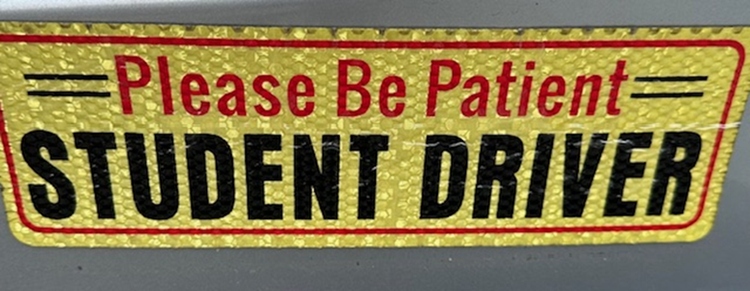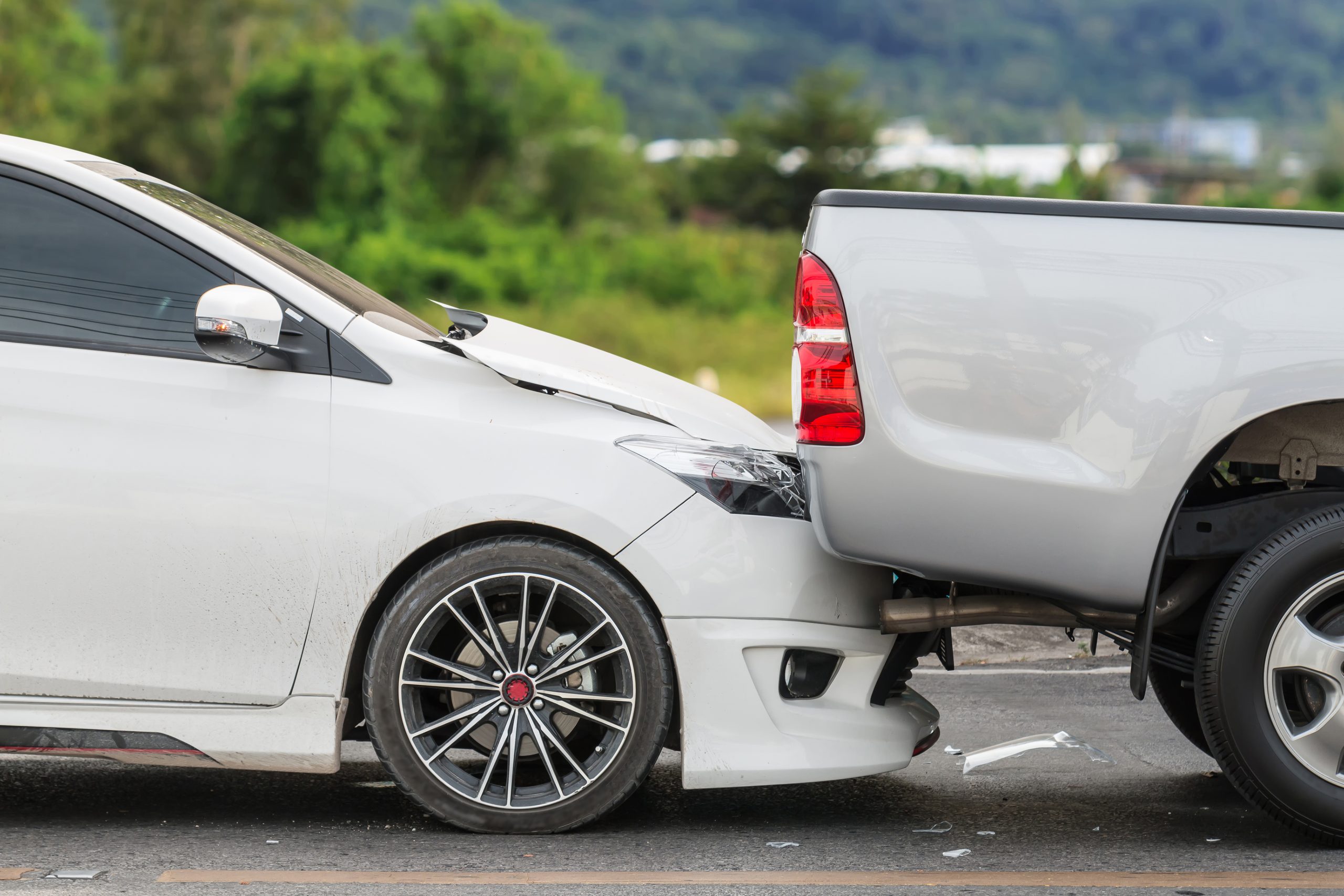Do you have one of these?

I do. In fact, my wife and I have 2 of them, and the twins spent last summer learning to drive.
Remain calm. Take a deep breath. This too shall pass…
Learning to drive is often equated with a “rite of passage” on the way to adulthood. For teenage drivers it’s the “open road” and a degree of freedom from mom and dad. For parents, it’s a lot of stress and anxiety as your new driver attempts to negotiate everything from operating windshield wipers, turn signals, merging, and the dreaded parking lot.
The reality for any driver on the road today is if you drive long enough, you are bound to have an accident at some point. It could be a minor fender bender; it could be major (hopefully the former for everyone reading this).
But what should you do if you are involved in an accident?
- Check with all involved and ask if everyone is alright. Contact the police (if necessary).
- Move the vehicle to the side of the roadway as soon as possible (if drivable).
- Take photos (of accident scene (prior to moving vehicles), damage to car, license plates, etc). Try to capture as much information as possible about the accident, the scene, etc.
- Obtain vehicle and driver information for the other drivers involved in the accident and/or witnesses, including name, contact phone number and insurance information.
- Do not discuss negligence, liability or admit to accident fault until all details have been investigated by your insurance company.
- Contact your insurance agent/company.
Accidents happen. But being prepared and knowing what to do post-accident, is critical to managing the situation. Whenever possible, reach out to your insurance agent/company as soon as possible to get them involved. They have the knowledge and expertise to guide you through the labyrinth of coverage, deductibles, body shops, etc.



Social Media